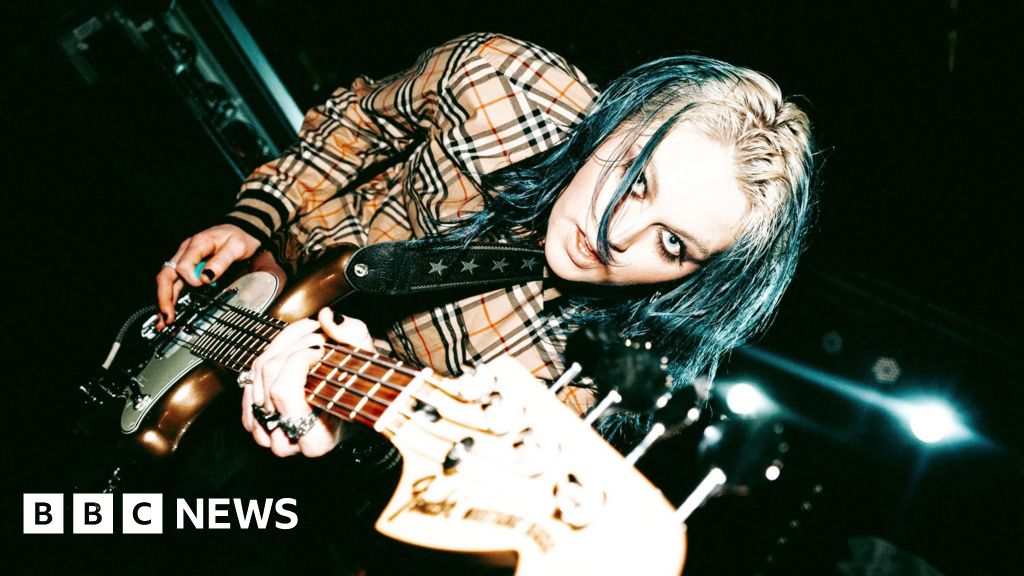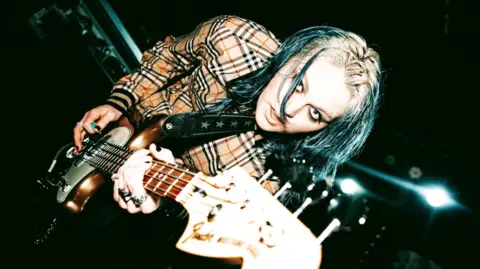

It used to be taboo to talk publicly about one’s mental health or addiction issues.
But today, in an industry where these issues are rampant, musicians like Billie Eilish, Demi Lovato and Lewis Capaldi are digging deep and sharing their most personal experiences to make their legions of fans feel understood.
Following their lead, more artists are speaking out to send the message that it’s okay to talk.
Ileo, who makes music he calls “bipolar pop”, said the response from fans has been “amazing” since he started singing about his own experiences with mental illness.
“People say to me, ‘This song helps me so much’,” said the singer, from Cheltenham, who suffers from bipolar disorder.
Swindon-born singer-songwriter Athena Aperta, 26, also hopes her “honest lyrics” will give listeners hope.
She has been sober for two years but says her struggles with mental health, alcohol and drugs intensified after she became involved in London’s music world, where substance abuse is “very common”.
She said finding a job closer to her hometown in 2022 was actually a “blessing” that helped her overcome her addiction.
“Drugs are still around, people still drink alcohol,” she said, but added that she now has “a lot more control over myself” if she’s in that environment.
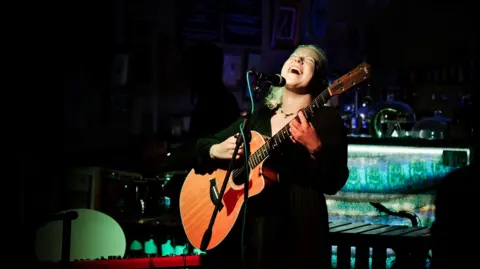

Athena recently released two singles with funding from the Youth Music: Next Generation Awards. Towards the SunLiving with Anxiety, Depression and CPTSD [Complex post-traumatic stress disorder] And I’m recovering from being a people pleaser.”
“There’s a lack of hope in the world right now and I just want to give people hope,” she said.
a 2023 Census by Help Musicians It found that almost a third of musicians had experienced poor mental health.
Grace Meadows, chief executive of Music Minds Matter, Help Musicians’ specialist mental health sister charity, said: “Not knowing whether help is available or who to turn to for support can lead to behaviours such as substance abuse that exacerbate rather than alleviate mental health problems.”
She explained that the “normalisation of drugs and alcohol throughout the industry” can make this situation even worse.
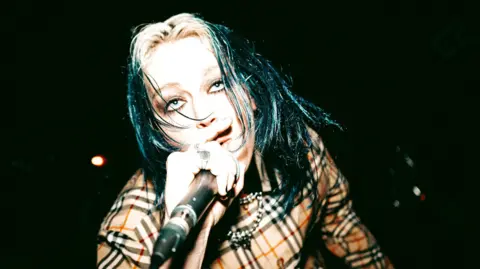

“It’s really hard to be a musician,” said Ileo, who has dealt with serious mental health issues for several years.
“There were many times when I thought, ‘I wish I could do something else.'”
But the artist said he “needs an outlet and music is the way to do it.”
After the release of her song medicinein which she spoke candidly about the medication for bipolar disorder that, in her words, “really messed me up” and she said the response has been “really overwhelming and amazing” with fans reaching out to share similar experiences.
“It’s really weird that people are willing to reveal such private things,” she said.
“I was very moved.”
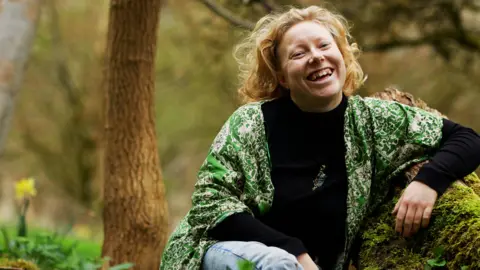

Athena, who has performed at festivals such as Boomtown Fair and London Pride, began suffering from anxiety and depression from the age of 13, and later developed problems with alcohol and drugs.
She said her symptoms worsened while working late-night venues and performing around London.
“There were days when I was offered medication at 1pm on a Tuesday,” she said.
“At that moment, I thought, ‘Wow, I really do live in this world.'”
She explained that she suddenly found herself “in relationships” with people who were “probably quite dangerous.”
“A form of escape”
She said the pressure musicians put on themselves as creatives is often combined with a “lack of self-esteem”, which can increase feelings of depression and anxiety, leading many to turn to alcohol or drugs as a “form of escape”.
Music Minds Matter said causes of mental health issues for people in the music industry could also include “job insecurity, role pressures, performance anxiety and unstable working patterns”.
Meadows said this, combined with recent Brexit restrictions, the pandemic and the cost of living crisis, has “put enormous pressure on everyone working in the music industry”.
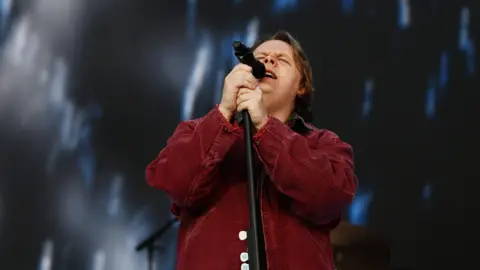

“More needs to be done to support musicians’ mental health,” said Ileo, whose BBC Radio 1 supports music.
She added that she especially wants to hear more men speak out about it in music.
Nonetheless, Ileo said music was her “most important tool” for communicating her feelings, helping artists express things that were “too painful, too uncomfortable” to even say out loud to her parents.
Meadows advised anyone in the industry who may be struggling with mental health or substance issues to get in touch via Music Minds Matter’s website or their free and confidential support line, which is available 24/7.
If you’re experiencing any of the issues described in this article, you can find further help and support here: BBC Action Line.
